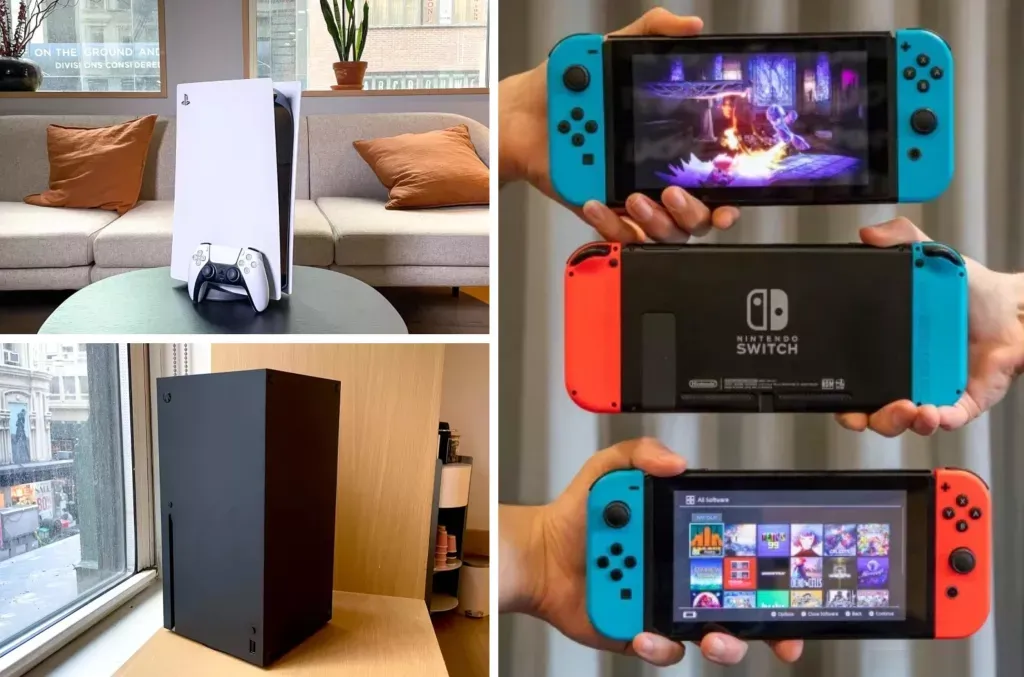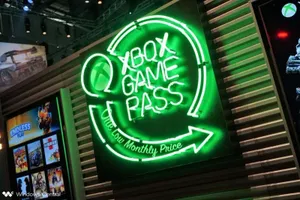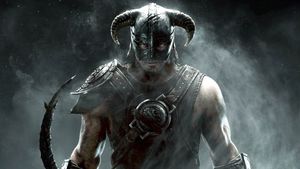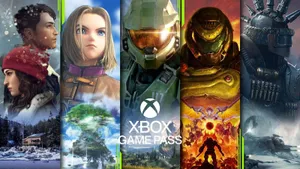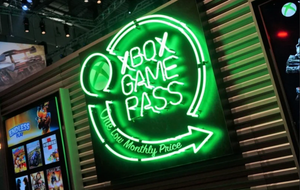XBox Game Box and Nintendo
At least 50% off from FlexSub
Subscribe Now
It may appear strange to pit the PS5 vs. Xbox Series X vs. Nintendo Switch, as the latter is not a traditional games console and is based on less-than-stellar technology. But not everyone has the roughly $1,400 to get all three sitting in their bank accounts collecting dust.
And if you're new to gaming, you might be weighing the PS5's exclusive game appeal against the Xbox Series X ecosystem, as well as the portability and family-friendliness of the Nintendo Switch, not to mention the Nintendo Switch OLED.
In this article, we'll go over these distinctions and where the consoles cross over, providing you with the information you need to decide which gaming machine is best for you.
Microsoft Xbox Series X
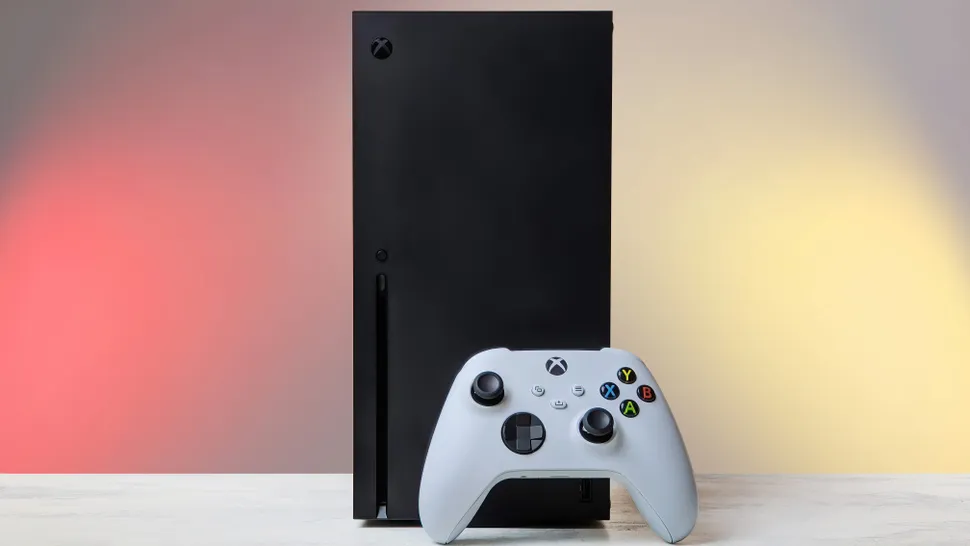
In a nutshell, Microsoft's Xbox Series X is the most powerful console on the market, with a faster processor and more storage space than either the PS5 or the Switch. The Xbox Series X is a large black rectangle with a disc drive in the front and numerous ports around the back. The Xbox Series X is also a part of the larger Xbox ecosystem, which allows you to save your progress and pick up where you left off, whether you want to play on an Xbox Series X, Xbox One, PC, or smartphone app. The full-featured Xbox Series X retails for $500, while the smaller, less powerful, all-digital Xbox Series S retails for $300.
Pros: As the most powerful of the three consoles, the Xbox Series X is arguably the best place to play popular cross-platform series like Call of Duty and Assassin's Creed. Microsoft-exclusive series like Halo, Gears, and Forza have long been multiplayer favourites, and Microsoft's acquisitions of studios like Bethesda and Obsidian indicate that there will be something for single-player fans as well. The Xbox Series X has the most robust backwards compatibility of any of the three consoles, allowing players to play almost all Xbox One titles as well as many Xbox 360 and original Xbox games.
The ability to fully utilise Xbox Game Pass is perhaps the most significant benefit of purchasing an Xbox Series X. This $15-per-month subscription allows you to download and stream over 300 games to an Xbox or PC, or to an Android or iOS smartphone. Your progress is saved regardless of where you play. While an Xbox Series X isn't required to take advantage of this, playing games at 4K resolution and 60 frames per second speaks for itself.
Cons: While Microsoft owns a number of interesting franchises, none of them have yet appeared exclusively on the Xbox Series X. We're currently between Halo, Gears, and Forza games, with big RPGs like Starfield and Avowed still months, if not years, away.
Furthermore, one of the Xbox Series X's main selling points — its multiplatform ecosystem — means you don't have to buy the console to play its best games. A $15-per-month Xbox Game Pass Ultimate subscription could theoretically provide a comparable experience, or a better one on a powerful gaming PC. Finally, while not a dealbreaker, the Xbox Series X lacks USB-C ports, making the console less future-proof than it should be.
Nintendo Switch and Nintendo Switch OLED
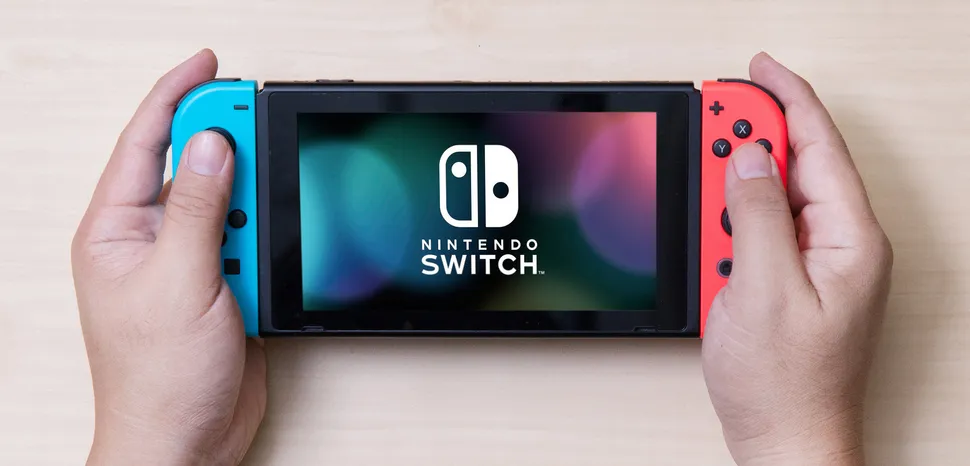
A quick rundown: The $299 Nintendo Switch is a small, lightweight console with a novel twist: it also functions as a full-fledged handheld device. The Switch, as the name implies, can be used in two ways: in your hands, with the game displayed on a colourful six-inch screen, or docked to your TV, with a more traditional controller.
The newer $349 Nintendo Switch OLED, which will be available on October 8, has a larger 7-inch OLED display, a wider adjustable stand, a dock with a wired LAN port, 64GB of storage, and improved audio. The $199 handheld-only Nintendo Switch Lite lacks a dock but is a good low-cost option for those who do not want to play on a TV.
The Switch, as a Nintendo console, is especially kid-friendly, hosting beloved series such as Super Mario, Pokémon, and The Legend of Zelda. It also has a lot of appeal for adults, with a never-ending parade of creative indie games and third-party ports ranging from Doom to The Witcher 3: Wild Hunt.
Pros: It almost goes without saying, but being able to pick up your console and take your games with you wherever you go is a revolutionary idea. The Switch is truly as seamless as Nintendo claims. When you plug it into the dock, your game appears on a TV; when you pick up the console, it transforms into a handheld device. If you live in a single-TV household, it's impossible to overstate how much of a game changer this can be.
It's also worth noting that the Switch is home to some absolutely incredible games, including The Legend of Zelda: Breath of the Wild, which is arguably the best game of the decade. While the Switch has the potential to collect dust between major releases, the Big N's first-party fare, from the sprawling Super Mario Odyssey to the supremely chill Animal Crossing: New Horizons, is frequently a cut above.
Cons: Because the Switch is the most recent of the three major consoles on the market, it is also the least powerful. The Switch isn't just built with older components; it's also designed to be a much lower-end machine. Unlike the PS5 and Xbox Series X, which promised 4k/60 fps, the Switch gets 720p in handheld mode and 1080p when docked to a TV; most games run at 30 fps. This may appear to be a purely aesthetic consideration, but if you have a UHD TV, it makes a significant difference.
That brings up another point: the Switch is four years old and is already due for a 4K successor. While the Switch OLED is an upgrade, it still has a 1080p screen and mostly the same components as the standard Switch. If you purchase a Switch now, you may have to replace it as soon as next year. Even if you don't, you'll most likely miss out on some fantastic third-party titles as games adapt to more demanding hardware.
Sony PlayStation 5
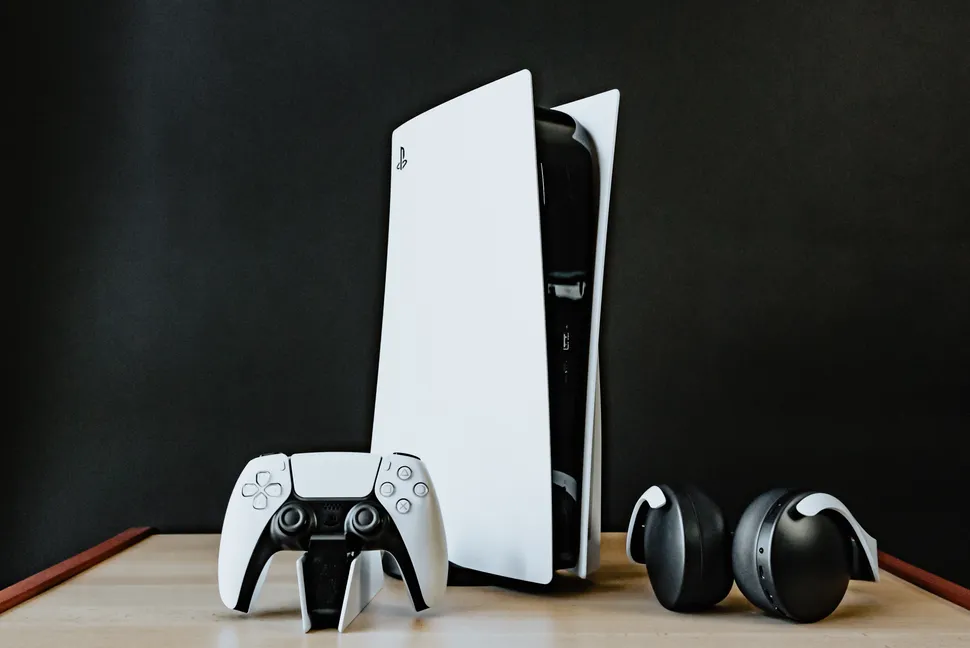
A quick rundown: The PS5, Sony's fifth entry in the PlayStation lineup, is a beast of a machine in more ways than one. This massive two-toned device resembles a massive asymmetrical router. But, beneath its outlandish exterior, the PS5 is all about the games. Not only does the PS5 host a number of fantastic Sony exclusives, such as Horizon Forbidden West and Deathloop, but it's also an excellent place to play PS4 games, thanks to excellent backwards compatibility. While not as powerful as the Xbox Series X, the PS5 is comparable, and its 825 GB SSD is one of the fastest on the market.
Pros: Aside from being a powerful machine in general, the PS5 has two standout features: access to Sony-exclusive series and the innovative DualSense controller. Sony is the sole publisher of games in the Ratchet & Clank, God of War, Horizon, The Last of Us, Spider-Man, Demon's Souls, and Gran Turismo franchises, among others. Because of their superior game design and high production values, these games have consistently topped "best of" lists over the last generation.
The DualSense controller is also worth mentioning because it employs some of the most inventive and subtle haptics available. The DualSense can provide different sensations for footsteps, collecting currency, and even moving various types of obstacles, rather than just simple vibrations. The controller's adaptive triggers can also become resistant, adding realism to everything from shooting a shotgun to web-slinging around New York City.
Cons: Aside from being nearly impossible to find (it's easily the most difficult of the three consoles to buy right now), the PS5 is a very old-school game console in some ways. You can pick up a Switch and carry it around with you, and you can stream an Xbox game almost anywhere. A PS5 game is linked to your television or a PC or smartphone screen on your local network. (And even then, you're out of luck with a wireless controller.) It has fewer streaming apps than Xbox Game Pass, and neither of its subscription services feels as cohesive.
There's also no avoiding the fact that the PS5 is large, bulky, and difficult to fit into an entertainment centre. Adding more internal storage space isn't currently possible, and if it is, it will take a lot of extra effort.
What about gaming PCs/smartphones/other consoles?
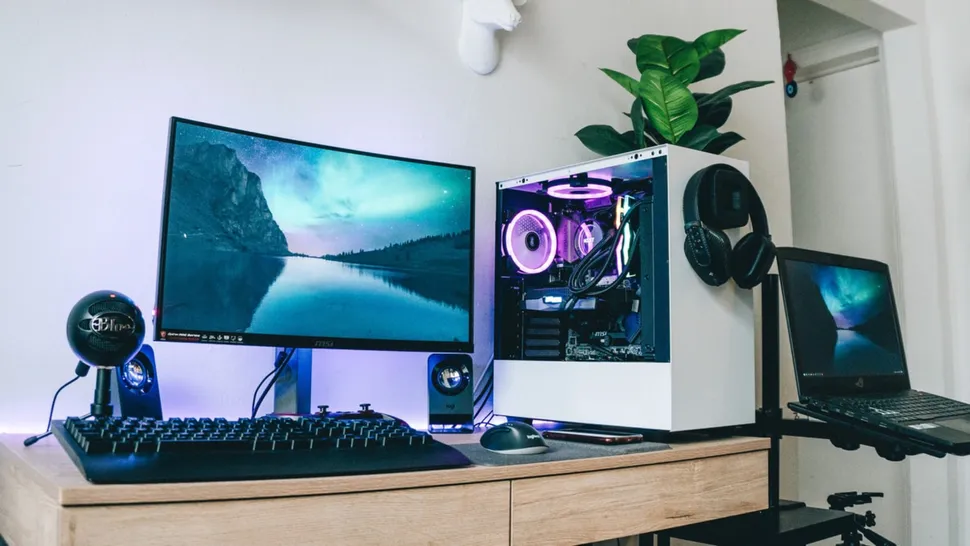
To be clear, the PlayStation 5, Xbox Series X, and Nintendo Switch are not the only gaming systems available. Excellent games can be played on the best phones and gaming PCs. The Xbox One and PS4 are still viable consoles, and there's a whole world of cheap retro gaming to be discovered.
These are all viable options worth considering, depending on your needs from a gaming system. However, for the time being, the PS5, Xbox Series X, and Nintendo Switch are the most prominent consoles on the market, and they represent the most accessible entry point into the hobby. Unless you need something extremely powerful (like a gaming PC) or extremely cheap (like a cloud gaming service on your smartphone), starting with a console and working your way outward is your best bet.
XBox Game Box and Nintendo
At least 50% off from FlexSub
Better, flexible and cheaper subscriptions for a wide range of services in just a click of a button.
Get started now